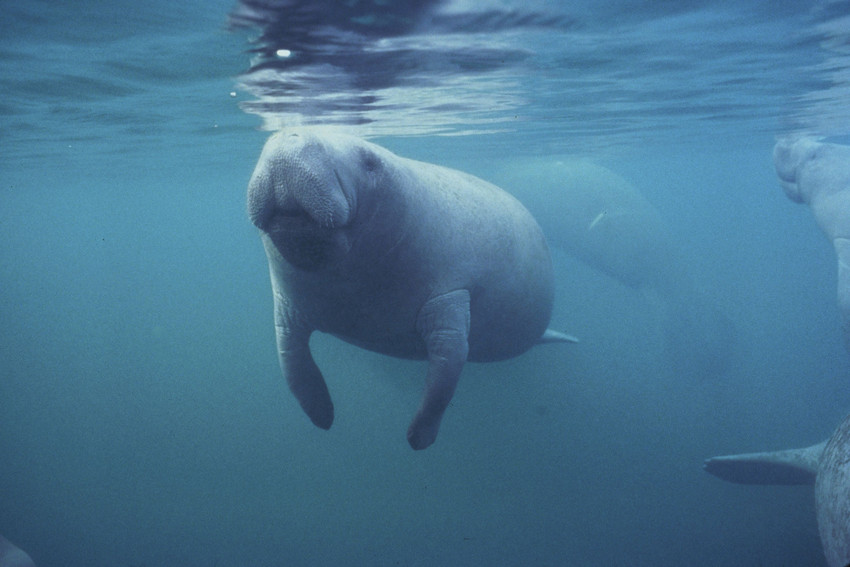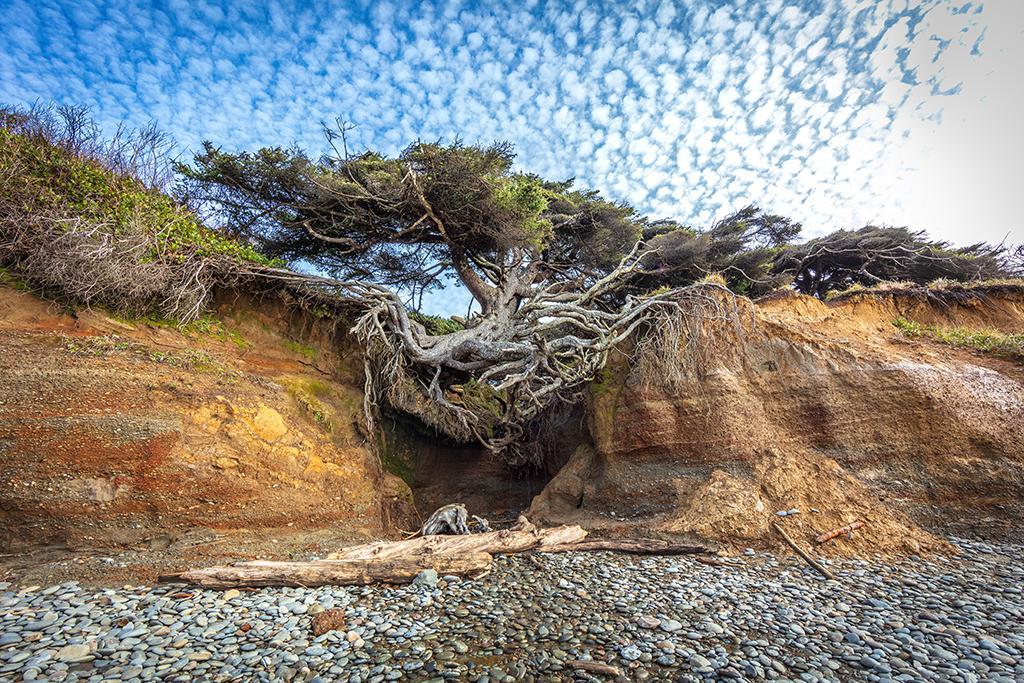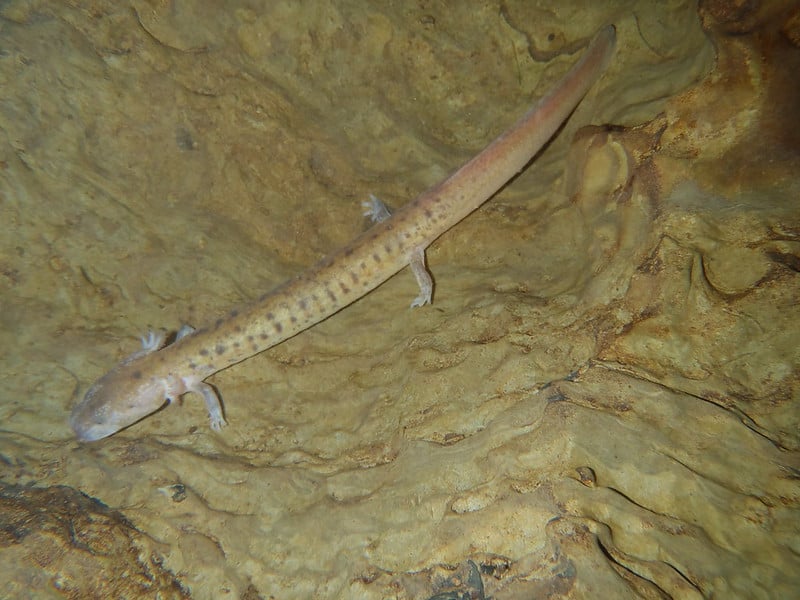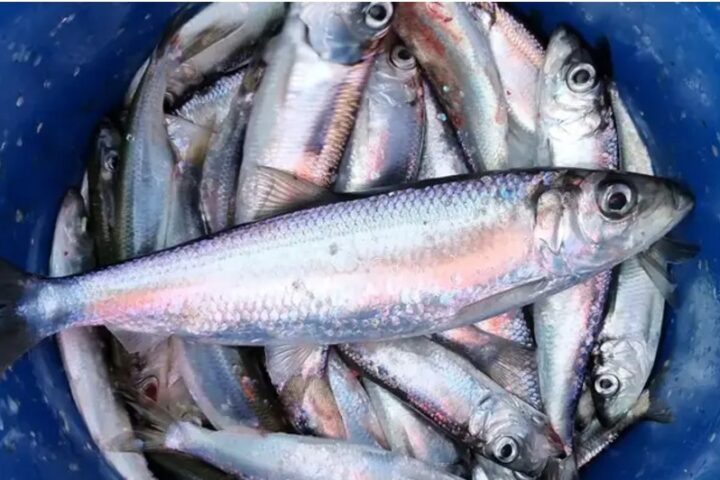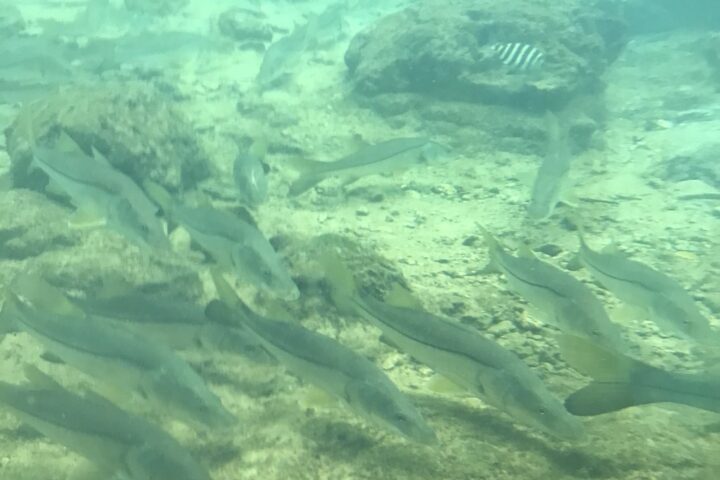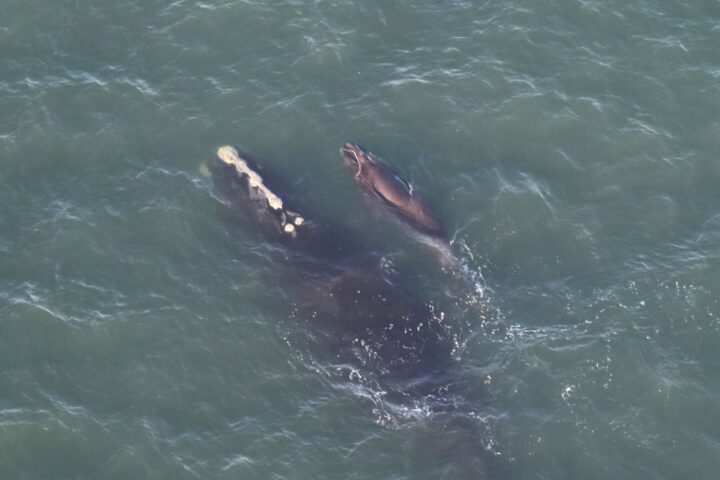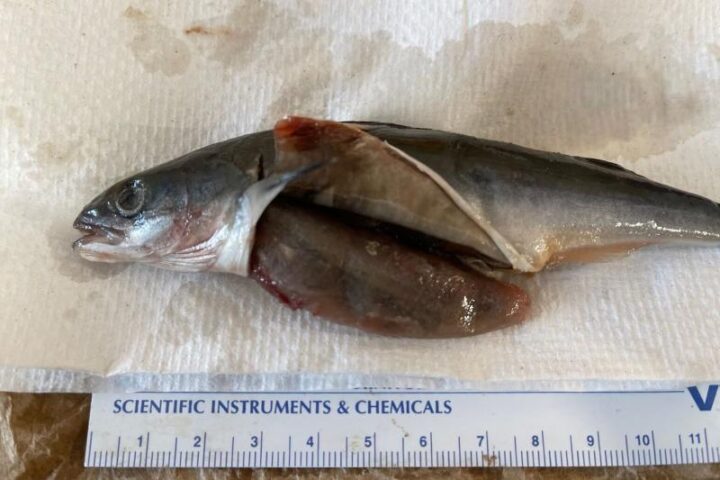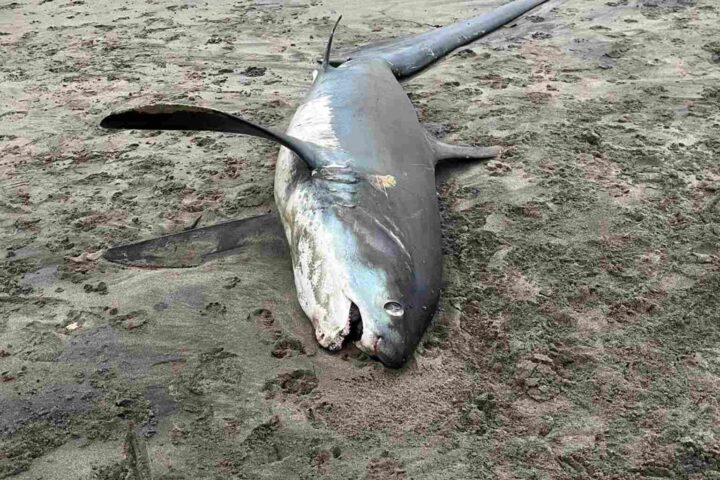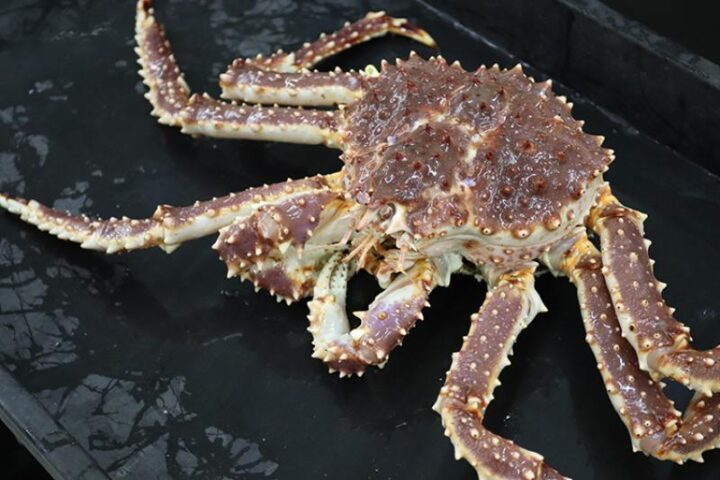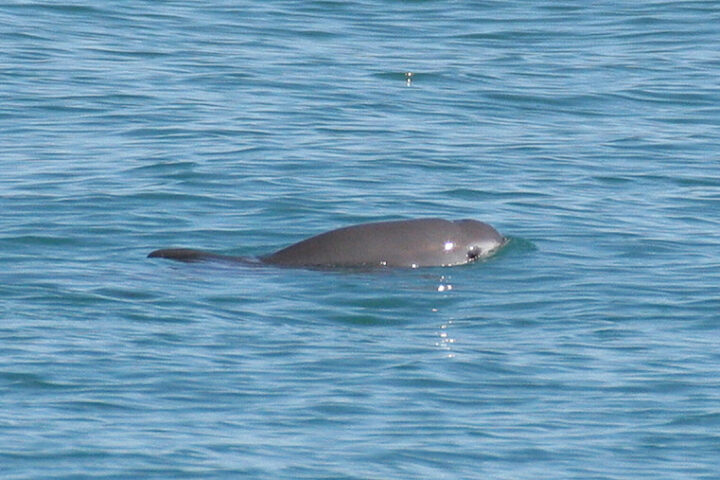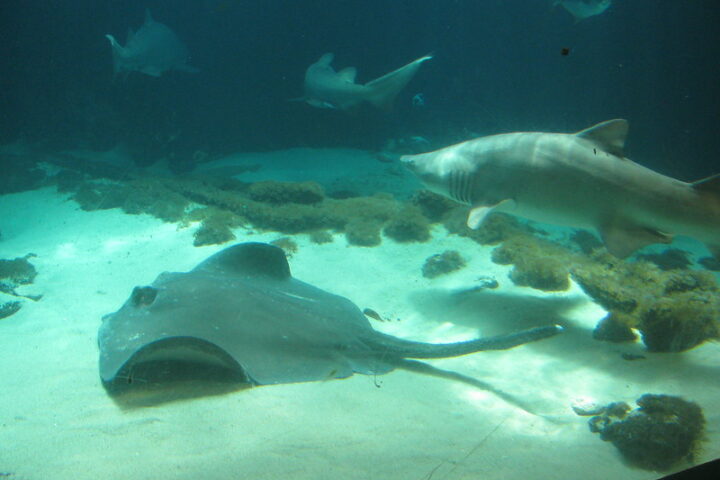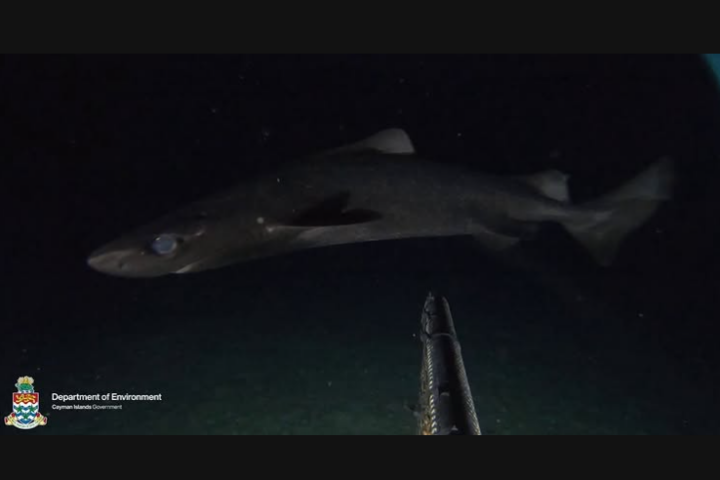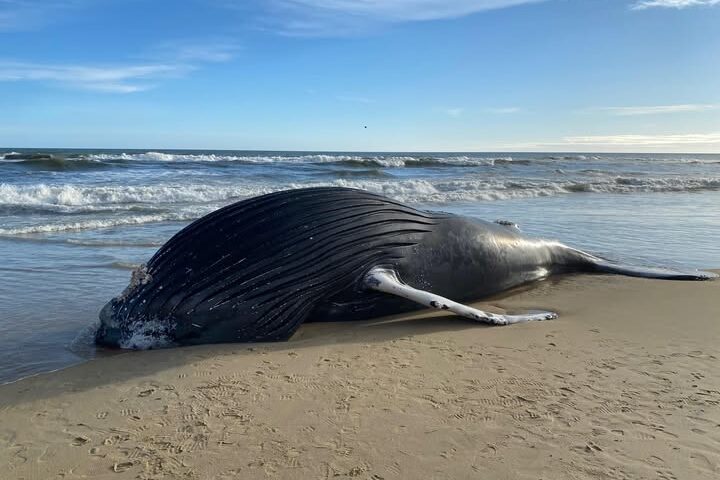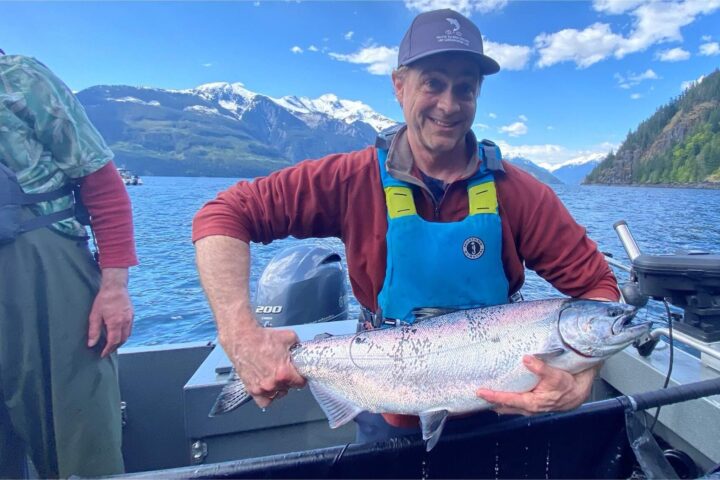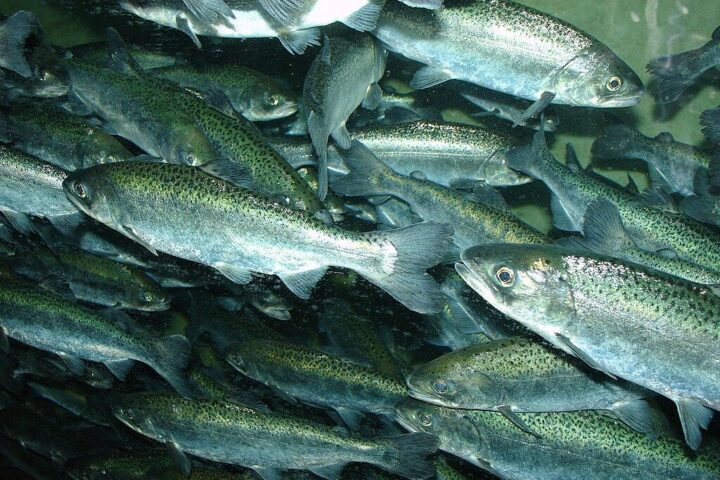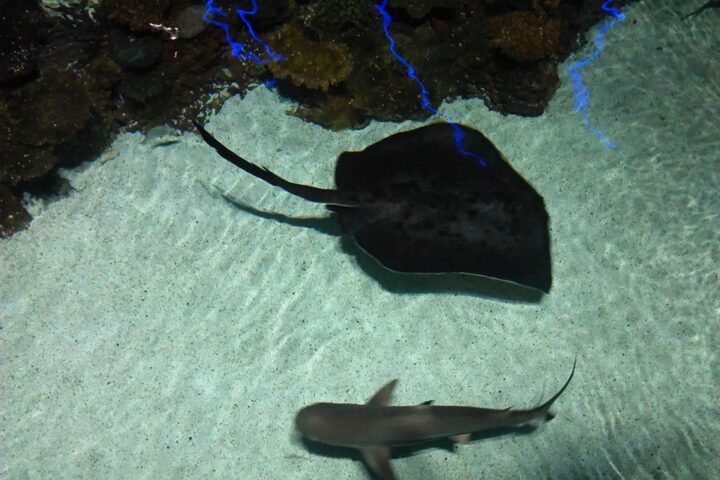A major decision about Florida’s manatees sparked debate in marine conservation circles. The U.S. Fish and Wildlife Service decided not to change Florida manatees‘ status from “threatened” to “endangered,” despite more than 2,000 manatees dying from lack of food in recent years.
The story unfolds in Florida’s waters, where these large marine mammals face a growing challenge. Their main food source – underwater seagrass meadows – is vanishing due to water pollution and harmful algae growth. This creates a direct threat to manatee survival.
“This decision ignores the devastating die-off,” explains Ragan Whitlock from the Center for Biological Diversity. His organization joined forces with Harvard Law School’s Animal Law & Policy Clinic and other groups to request stronger protections.
The situation becomes more complex when looking at different manatee populations. While Florida’s manatees remain “threatened,” their relatives in Puerto Rico – known as Antillean manatees – received “endangered” status, highlighting varying levels of risk across regions.
Similar Posts
Patrick Rose of Save the Manatee Club raises a crucial point: the Wildlife Service overlooked important scientific evidence in making their decision. This concern gains weight considering the species’ history – manatees moved from endangered to threatened status in 2017, a change that now appears questionable given recent deaths.
Current conservation efforts include habitat restoration and rehabilitation programs. However, without addressing water quality issues, these efforts face significant challenges. Water pollution and algal blooms continue to impact seagrass beds, directly affecting manatee feeding grounds.
Looking at broader impacts, declining manatee populations affect marine ecosystems. Poor water quality that causes seagrass loss represents a pressing environmental challenge that extends beyond just manatee conservation.
Mary Hollingsworth from Harvard’s Animal Law & Policy Clinic emphasizes continued advocacy: “While we acknowledge the endangered status granted to Antillean manatees, we remain committed to protecting all West Indian manatees.”
This decision raises questions about balancing species protection with other considerations. The evidence shows clear threats to manatee survival, making the denial of endangered status a significant moment in marine conservation efforts.
